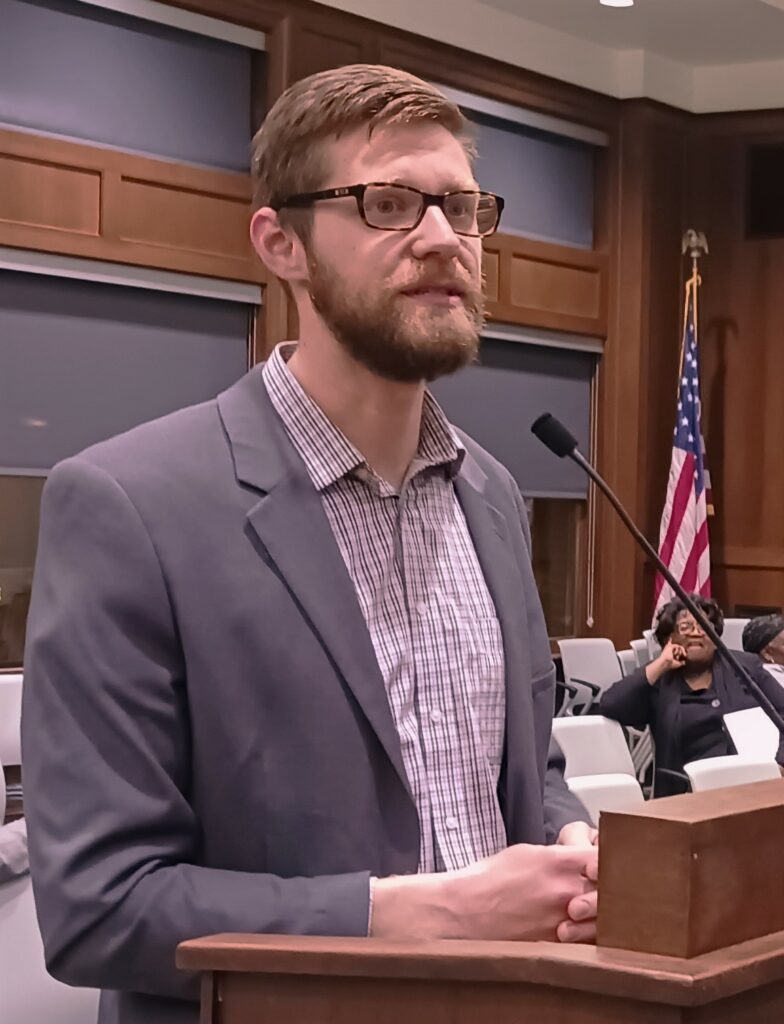By next fall, if all goes as planned, Lancaster’s community fiber-optic broadband network will be providing Internet access to its first customers.
The telecommunications company contracted to build it, Edinburg, Virginia-based Shentel, is in the middle of its design and engineering phase, and looking to begin construction next year, city Solicitor Barry Handwerger and Shentel spokesman Bryan Byrd said. The city’s southeast quadrant will be the first to have service available, they said, with the other three quadrants to follow.

“It will be a phased-in process,” Byrd said, involving a few hundred homes at a time. Each grouping will be activated as soon as it is complete “and these rolling activations will continue throughout the duration of the construction process.”
The timeline remains fluid, he said. The engineering is not yet complete; and even once it is, construction scheduling will need to remain somewhat flexible.
This spring, City Hall announced that it had picked Shentel to revive its stalled LancCity Connect community broadband project. In August, City Council approved a contract with Shentel for a network providing all city addresses with access to upload and download speeds of up to 1 gigabit per second.
Shentel offers Internet, phone and TV service under the brand name Glo Fiber. It is to foot the cost of building Lancaster’s network and offer it to customers at the prices it offers in comparable markets.
Under the contract, lower-income households that are eligible for the federal government’s Affordable Connectivity Program are to qualify for 50 megabit-per-second service at no cost to them.
Cable franchise
On Tuesday, Dec. 19, City Council is scheduled to vote on the other component of its deal with Shentel: A cable franchise agreement.
Shentel will be providing cable TV access through the network: Under federal law, that entitles the city to negotiate a nonexclusive franchise. The terms are almost identical to the agreement Lancaster has with Comcast, Handwerger said.
Like Comcast, Shentel’s contract term will be 10 years. Shentel will pay Lancaster a franchise fee of 5% of gross revenue from its TV service. There are provisions in the contract to ensure Lancaster gets its fair share when Shentel includes TV as part of a discounted package deal, Handwerger said.
Other provisions oblige the company to meet customer service standards and provide regular updates to the city, including quarterly reports and periodic audits. The city will have two public-access channels; Handwerger said he’s not aware of any plans the city has for them as yet.
Shentel will be expanding a fiber-optic network begun by its predecessor, MAW Communications, whose use of PPL poles for its buildout led to a protracted lawsuit. Shentel has assessed the existing fiber and is in the process of bringing it into compliance with PPL’s standards, Byrd said. The company has been working closely with city officials, too.
An estimated 100 to 200 legacy LancCity Connect customers have remained on the network, receiving service for free. That will end as Shentel’s project moves forward, and they will need to either sign up or find another provider.
Over the next five years, Pennsylvania is making more than $1 billion in federal money available for high-speed Internet expansion through the state Broadband Development Authority. However, Shentel won’t need to tap into that funding for Lancaster, Byrd said: While the company has undertaken grant-supported projects in underserved rural areas, its Lancaster build will be 100% self-funded and will not require any federal, state or local subsidies.
When finished, Shentel’s service should be accessible to every entity in Lancaster: residence, business, nonprofit, government. Ultimately, it could end up rolling out close to 100 miles of fiber.
“We are very optimistic and excited,” Byrd said.
(Editor’s Note: This article has been updated to correct the date of City Council’s upcoming meeting.)






